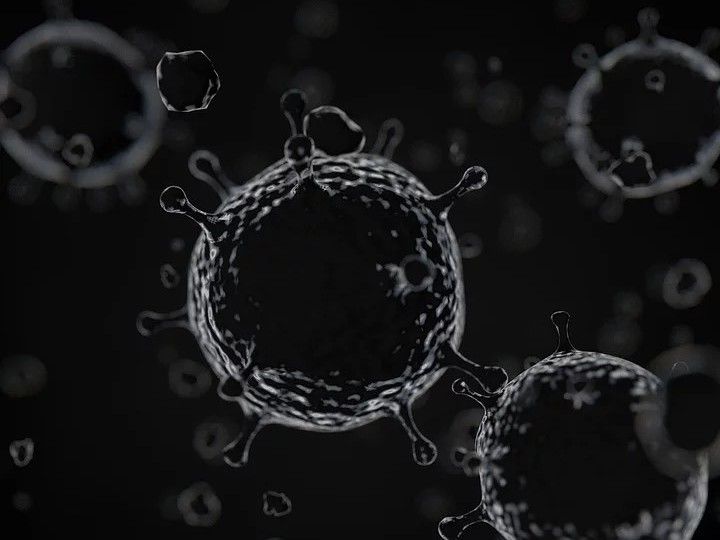Unknown virus discovered in human body
Researchers have uncovered a new form of a virus that infects bacteria
Advertisement
An international team based in Austria has unearthed a previously unknown type of virus in samples of human bodily fluids. The researchers were looking for viruses that infect bacteria – known as bacteriophages – with an emphasis on those that attack the Escherichia coli (E. coli) bacterium found in the human gut. The team identified a total of 43 bacteriophages in samples of human bodily fluids, particularly in blood samples. The discovery of such phages in the human body is especially significant because they can pass antibiotic resistance genes on to bacteria. Consequently, information about the prevalence and frequency of phages in humans, as well as the relationships between them, is urgently needed. The findings of a team from Karl Landsteiner University of Health Sciences under the lead of University of Veterinary Medicine Vienna, which have now been published in an international journal, will make a major contribution in this regard.

Symbolic image
mmmCCC
The human body is teeming with countless fungi, bacteria and viruses. Bacteriophages – viruses that only infect bacteria – are one of the great unknowns in this human ecosystem. Interest in them has grown rapidly in light of research carried out in Austria, which highlighted the prevalence of antibiotic resistance genes in bacteria. A team of researchers from Karl Landsteiner University of Health Sciences (KL Krems), the University of Veterinary Medicine Vienna and the University of Lisbon has now isolated 43 bacteriophages from samples of human bodily fluids, including one which is thought to be a previously unknown type.
Dark matter
“We examined 111 samples of blood, urine and other human body fluids to see if they contained phages. And we found them in almost one in seven samples,” explained Dr. Cátia Pacífico, scientist at KL Krems within the project based on long-term funding from NÖ Forschungs- und Bildungsges.m.b.H. (NFB) and lead author of the study. “We also found a new kind of phage from the Tunavirinae subfamily. The presence of phages in so many samples and the discovery of a new form show just how little we know about phages in the human body.” Experts have already labelled this phenomenon as the “viral dark matter” in the human body – only a handful of research teams around the world have looked into phages in humans. This is all the more surprising since a balance between the various types of bacteria in the body is crucial for health, and also because phages attack specific bacteria, which could in turn throw this equilibrium severely off-kilter. But there is much more to phages as a factor in human health, as Dr. Pacífico points out: “Increasing antibiotic resistance is a major problem that is growing worldwide, and we still know very little about the way in which phages contribute to this.”
Targeted search
The team, which was headed by Prof. Friederike Hilbert of the Department for Farm Animals and Veterinary Public Health at the University of Veterinary Medicine Vienna, has created new insights by searching specifically for bacteriophages, which infect the well-known gut bacterium E. coli. This bacterium plays an important part in various illnesses and is widely regarded as the most common cause of hospital infections. Analysis of the samples brought another surprising fact to light: “Almost two-thirds of the samples that contained phages against E. colidid not have any bacteria of this kind,” Prof. Hilbert explained. “This suggests that phages can also be transported from A to B without their host bacteria.” This conclusion appears to confirm recent suppositions made by her colleagues. In view of these findings, the team also examined the effectiveness of standard hospital disinfectants against the isolated phages. Prof. Hilbert commented: “Our results showed that not all disinfectants are capable of reliably destroying phages.”
Overall, the basic research performed by the international team, in which KL Krems participated, has contributed to a clearer understanding of the occurrence and prevalence of phages in the human body, and the ways in which they are related. KL Krems’ involvement in this research also reflects the university’s focus on research into niche subjects that are highly significant for the healthcare system.


























































